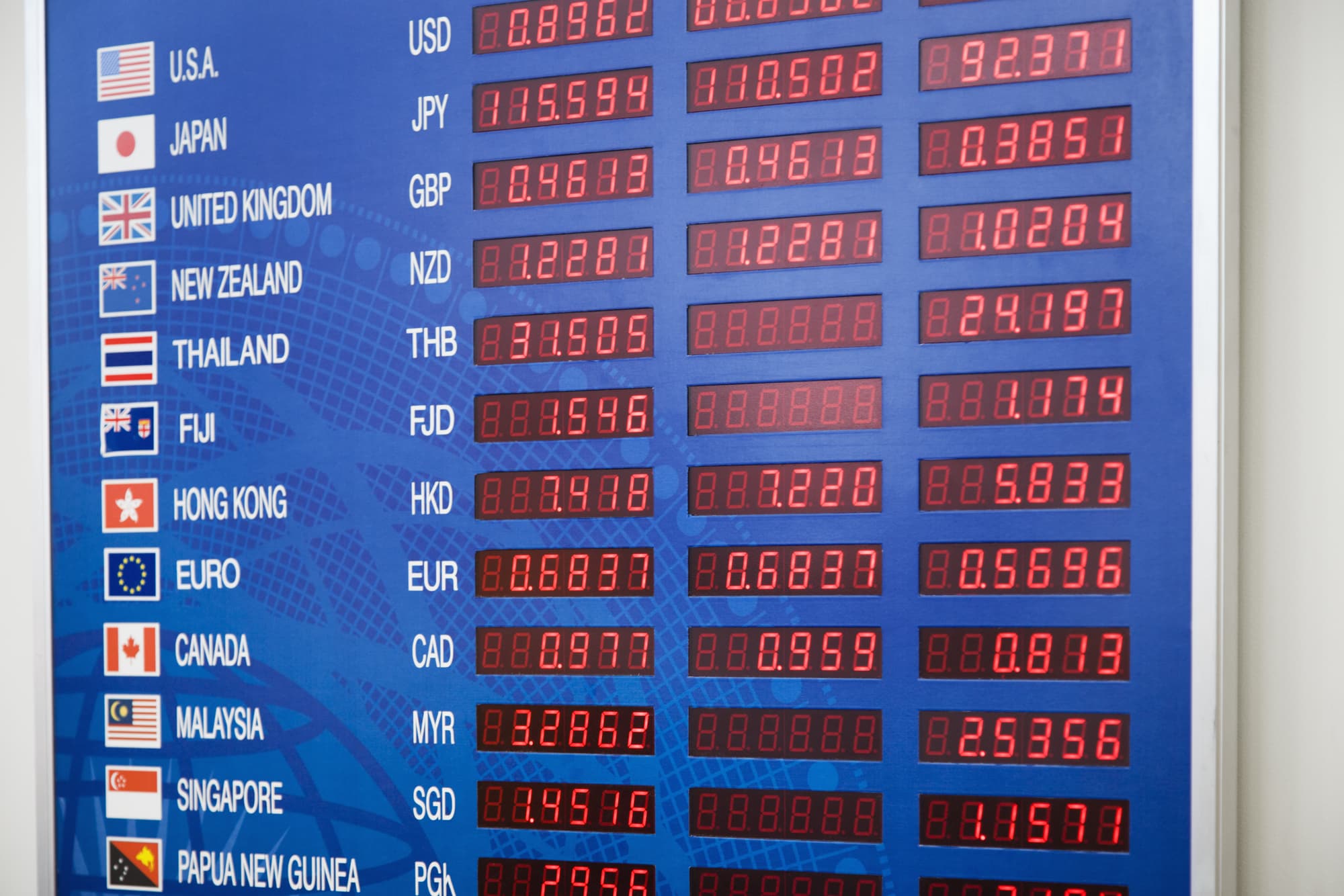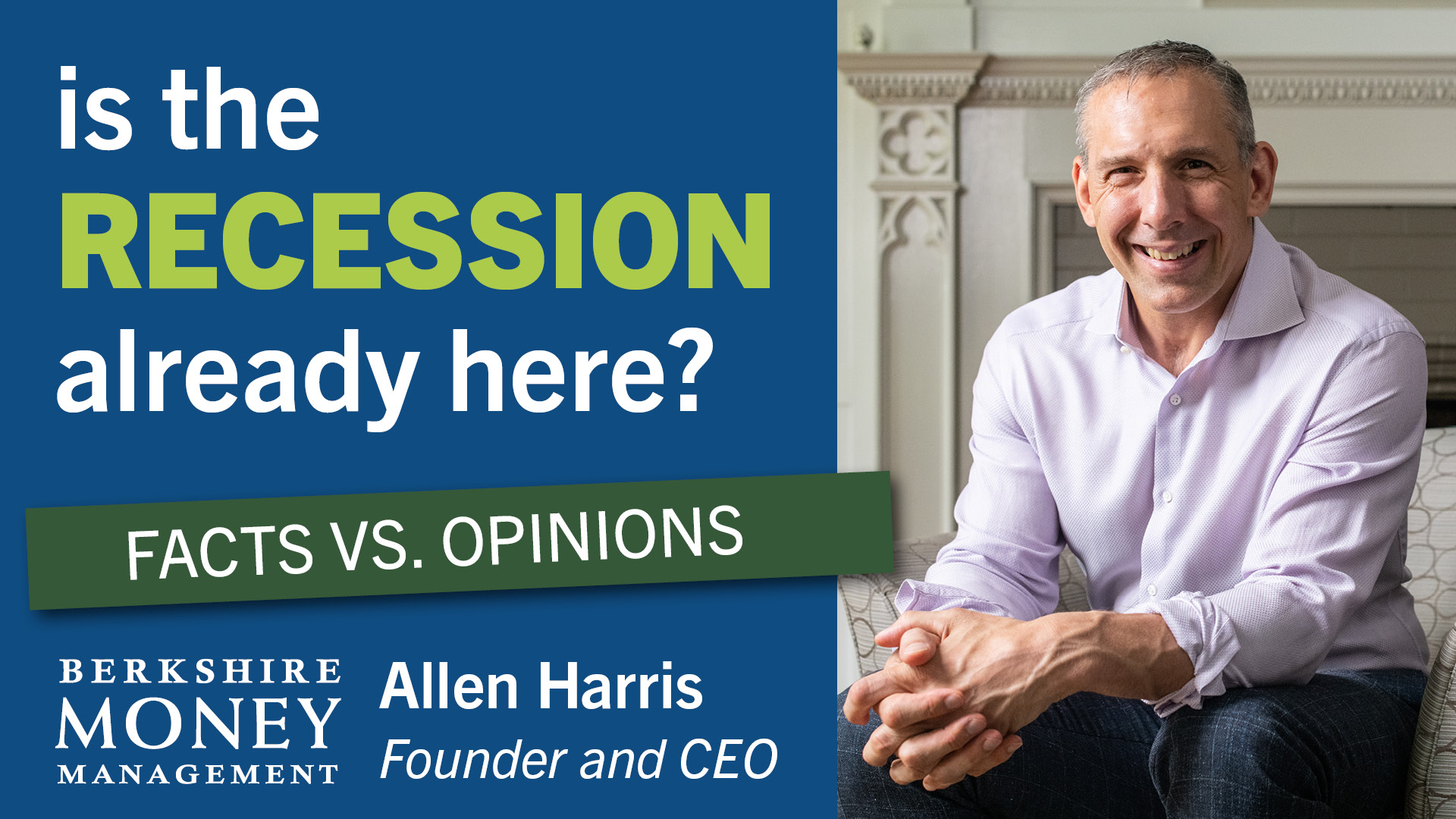The U.S. Dollar Hits Two-Year Highs

The Federal Reserve Bank’s tightening of monetary policy has driven up interest rates, while causing investors to sell stocks. It has had another impact—a steep rise in the U.S. dollar.
The U.S. bond market has already priced in a 96% chance of a 50-basis-point rise in the Federal funds rate at the next FOMC meeting in May 2022. The fixed income markets are expecting a cumulative 2.15% rise in interest rates by the end of 2022. In the meantime, the U.S. 10-year Treasury yield hit 2.90% this week on its way to 3%.
As interest rates continue to rise, so does the U.S. dollar. It climbed to a new, twenty-year high of 126.98 against the Japanese yen. As the U.S. Fed becomes ever more hawkish, the Japanese central bank remains uber-dovish, keeping interest rates low. Against six major currencies, the greenback surged to its highest level since April 2020 at 101. Suffice it to say that both bond and currency traders are in the middle of panic buying the U.S. dollar, while dumping U.S. bonds.
Historically, a stronger dollar is considered a plus, at least politically, and a mark of American economic prowess. Politicians often pointed to a strengthening greenback as a symbol of the nation’s might and pride. Afterall, it is the world’s de facto reserve currency. As such, a stronger dollar only heightens its’ reserve status. Foreigner currency traders, according to the textbooks, want to buy more of an appreciating asset like the dollar.
A strong dollar can also help consumers when purchasing imported goods. Products manufactured abroad and imported to the U.S. are cheaper under this scenario. The greenback can buy more imported goods at the same, or lesser price, from exporters. Given the rise in prices in almost everything we buy (thanks to inflation), our stronger currency is keeping a lid on import prices. That helps alleviate some of the pain we feel at the check-out counter, while leaving more disposable income in the pockets of American consumers.
If you are travelling overseas, your buying power is enhanced as well. Hotel stays, restaurants, and even curio shop prices are suddenly cheaper for American tourists. Now your dollar can buy more goods in a variety of countries when converted into the local currency.
From a business point of view, those multinational companies that have plants, or have other businesses domiciled in the U.S. (think Germany, Japan, and South Korea) will benefit. That foreign-owned auto plant in Alabama, for example, can still sell its vehicles in the local market and maintain its profit margins at competitive prices. The overseas parent company will experience balance sheet gains when they translate their subsidiary’s dollar-income back into their local currencies.
Unfortunately, a stronger dollar cuts both ways. American exporters and companies conducting business abroad are hurt by a strengthening dollar.
Many S&P 500-listed companies, for example, receive at least half, if not more, of their sales from overseas. Cigarette and fast-food companies are high on that list. The income they earn from foreign sales will fall in value on their balance sheets. Profits could disappoint and investors might want to sell their stock.
For equity investors, a stronger dollar will hurt their investments in foreign markets, especially in emerging markets where negative currency translations will hurt overall returns. From a macroeconomic point of view, many emerging markets that require U.S. dollar reserves will end up paying more to obtain dollars.
At this stage of the game, investors are wondering how high the U.S. dollar can go before coming back down to earth. To a large extent, that depends on the Federal Reserve and its tightening cycle. The more hawkish they become, the higher the dollar can go. Over the long term, I believe the dollar will climb higher. In the short-term, however, I expect some profit-taking will set in against the greenback since it is really extended in price.
Bill Schmick is registered as an investment advisor representative of Onota Partners, Inc., in the Berkshires. Bill’s forecasts and opinions are purely his own and do not necessarily represent the views of Onota Partners, Inc. (OPI). None of his commentary is or should be considered investment advice. Anyone seeking individualized investment advice should contact a qualified investment adviser. None of the information presented in this article is intended to be and should not be construed as an endorsement of OPI, Inc. or a solicitation to become a client of OPI.
Any mention of specific securities or investments is for illustrative purposes only. Adviser’s clients may or may not hold the securities discussed in their portfolios. Adviser makes no representations that any of the securities discussed have been or will be profitable.
The reader should not assume that any strategies, or specific investments discussed are employed, bought, sold or held by OPI.
Direct your inquiries to Bill at 1-413-347-2401 or e-mail him at billiams1948@gmail.com.





